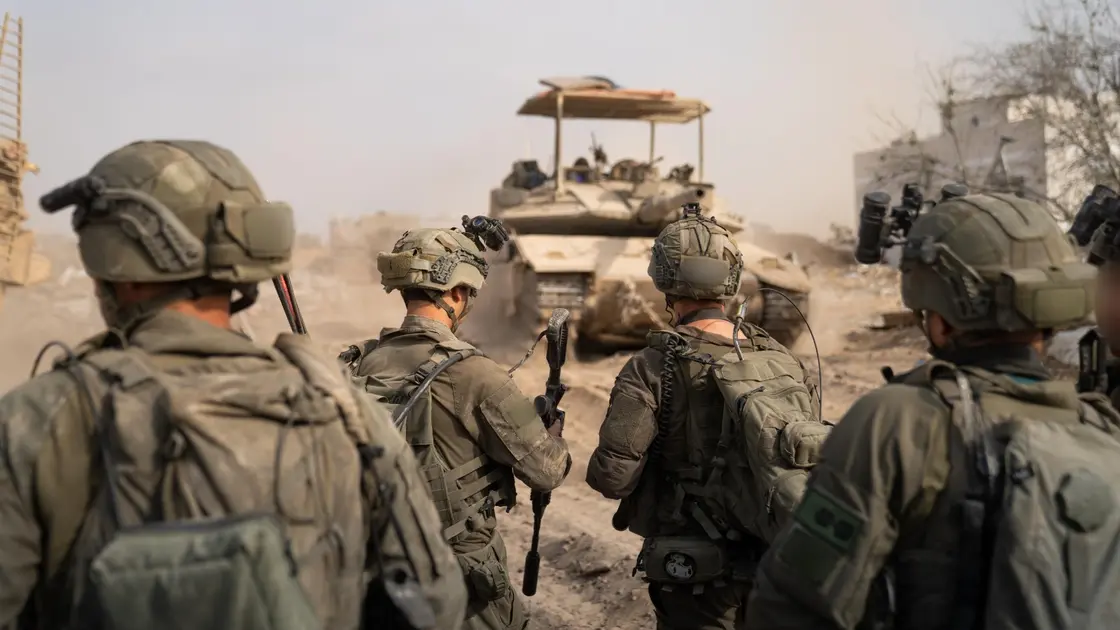T4K3.news
Gaza invasion plan advances
Israel advances Gideon's Chariots 2 plan with large reservist mobilization and civilian relocation plans

Israel approves Gideon's Chariots 2 operation to seize Gaza City with a large reservist mobilization and planned civilian relocations.
Gaza invasion plan advances as reservist call up expands
Israel tapped Gideon s Chariots 2 as the new phase of the Gaza campaign, a plan approved by Defense Minister Israel Katz after briefing from the IDF Chief of Staff and senior commanders. The plan calls for taking Gaza City and moving residents south, with preparations under way and preliminaries already in motion near the city s outskirts. The military says about 130,000 reservists will be mobilized, with roughly 60,000 new recruits to begin on Wednesday. Reserve service for troops already in the field will be extended by about a month. The plan will go to the security cabinet for final approval and involves five divisions alongside the Gaza Division. Israeli officials note that the army has yet to define what constitutes Hamas defeat, with two Hamas brigades still active in Gaza City and central refugee camps.
Officials say fighting could extend into 2026 as the operation unfolds and that government action is needed to manage relocations and long term consequences. The IDF stresses that it has begun preparations already, including attacks on the city s outskirts and other preliminary actions. The defense establishment has framed the move as a strategic reshaping of Gaza s map, while officials acknowledge uncertainty about the ultimate objective and the duration of the campaign.
Key Takeaways
"This move tests international norms on civilian safety."
editorial assessment of humanitarian concerns
"Reservists are being asked to stay longer with wide consequences."
military mobilization impact
"The next steps could redraw the region s map."
geopolitical stakes
"The world watches the human cost."
global public reaction
The move signals a potential turning point in the Israeli operation, but it also raises questions about civilian safety and humanitarian access in a densely populated area. Moving tens of thousands of people and sustaining a prolonged conflict could intensify international scrutiny and domestic political pressure. The plan s ambiguity about Hamas defeat leaves room for redefining goals in the coming weeks, making accountability and civilian protection central issues. The broader regional impact is yet unclear, but the actions could shift alliances and influence negotiations with international partners who watch closely for signs of restraint or escalation.
Highlights
- This move tests international norms on civilian safety.
- Reservists are being asked to stay longer with wide consequences.
- The next steps could redraw the region s map.
- The world watches the human cost.
Political and humanitarian risks ahead
The plan involves major civilian displacement, limited humanitarian access, and a risk of broader regional escalation. It could trigger domestic backlash and international criticism if civilian harm is high.
The future of the region depends on choices made in the coming days.
Enjoyed this? Let your friends know!
Related News
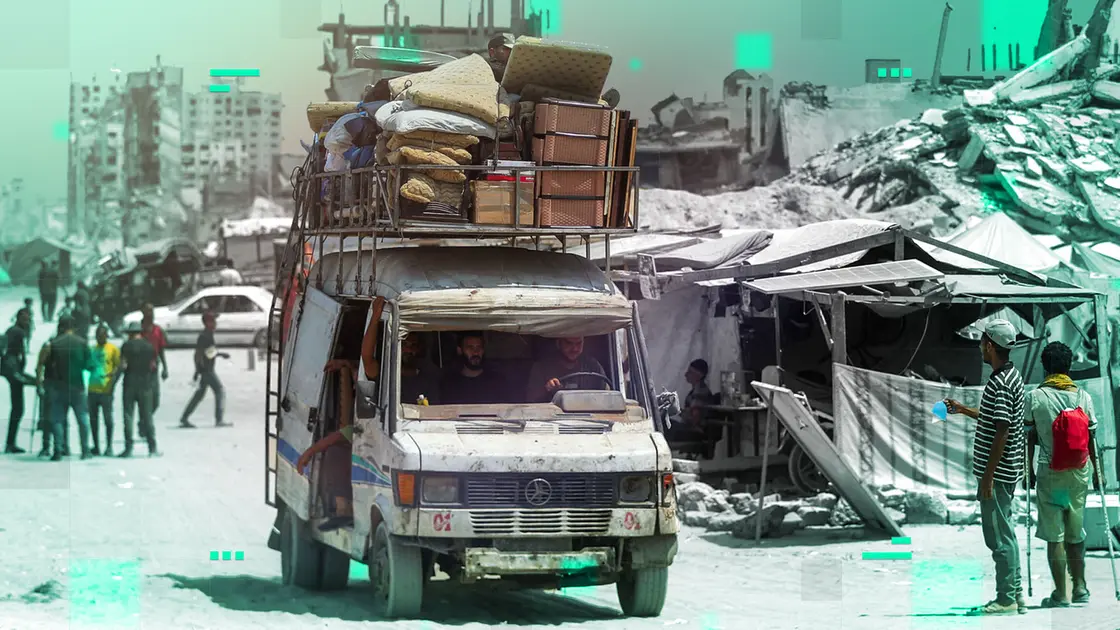
Civilians flee Gaza City as Israeli forces press into the city
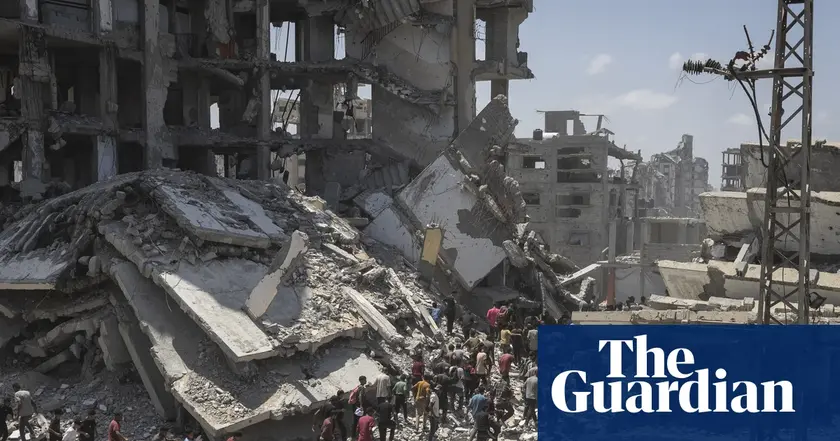
Israel plans Gaza City takeover draws international outrage

EU pressure grows on Israel
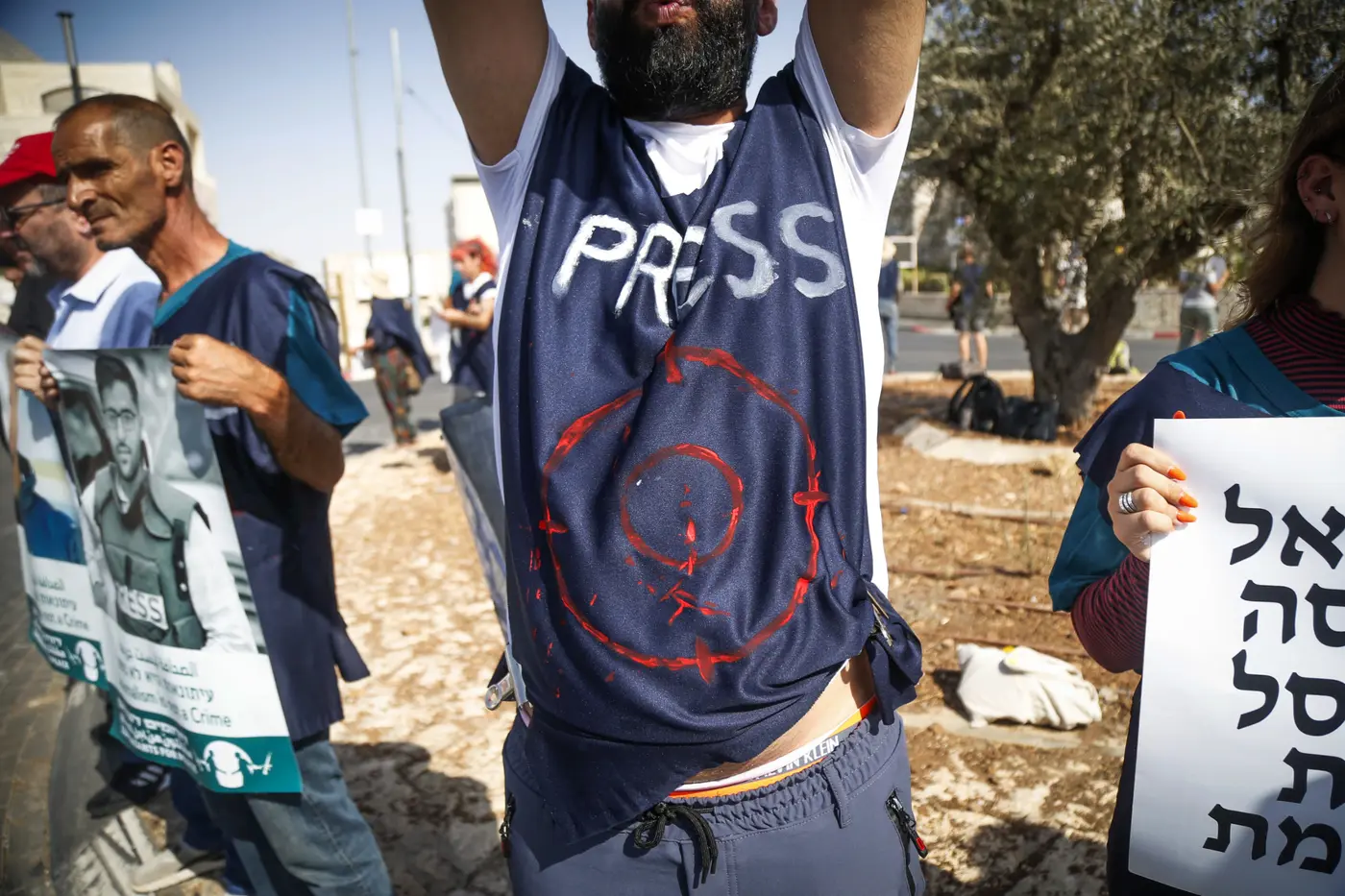
Journalist smears used to justify Gaza assault

Australian PM says Israel breached international law

Trump threatens Gaza and Ukraine actions
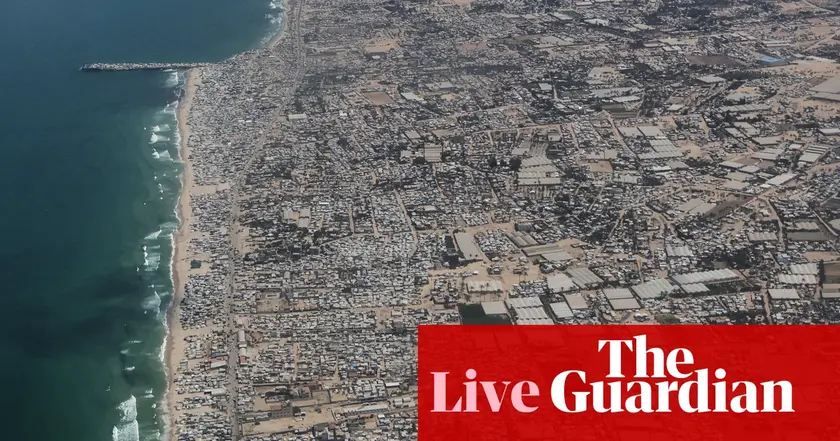
Israel security cabinet approves Gaza City operation
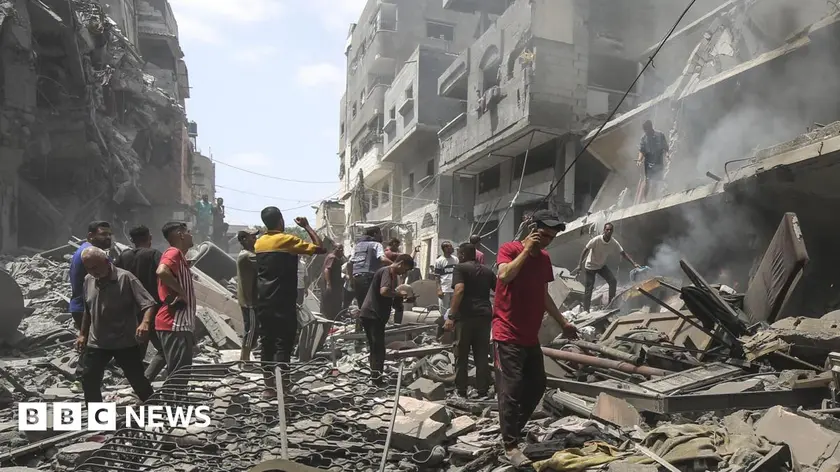
Israel bombards Gaza City as aid access urged
